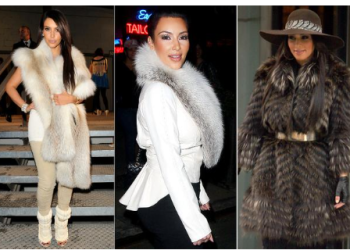For eco-conscious couples seeking ethical engagement rings uk, both platinum and gold make sustainable settings. Beyond evaluating mining impact and recycled metals, considerations like purity strength, durability, and style help determine the best ethical metal type.
Platinum rates among the rarest metals on Earth, often procured as a byproduct of nickel mining. Its natural supply limitations cap excessive environmental damage from mining. Nearly all platinum is reused, reducing the need for newly extracted ore.
Gold mining conversely carries heavy ecosystem impacts from mercury contamination, deforestation, and pollution. Yet gold’s popularity makes recycling very profitable. Reused gold reduces the requirement for new extraction. Organizations like Fairtrade Gold support responsible small-scale mining.
In purity comparisons, platinum rings contain 95% platinum for strength versus gold’s typical 75%-58% gold content balanced with other metals. Platinum’s higher purity gives greater scratch resistance for lifelong sparkling shine.
However, gold rates very durable in high karats like 18K and 14K. Lower gold content alloys like 9K increase affordability but may wear down over decades. Platinum costs exceed gold at any karat but offers superior strength over time.
Finally, ethical engagement rings UK in platinum exude modern minimalism with sleek lines perfect for solitaires. Gold conversely imparts vintage allure across eras from Edwardian to Art Deco. For ethical vintage rings, gold reuse evokes cherished heritage.
Ultimately ethical couples should evaluate their budget, style preferences, and reuse priorities when selecting perfect metals symbolizing sustainable futures together built on mindful choices valuing people and the planet.

















